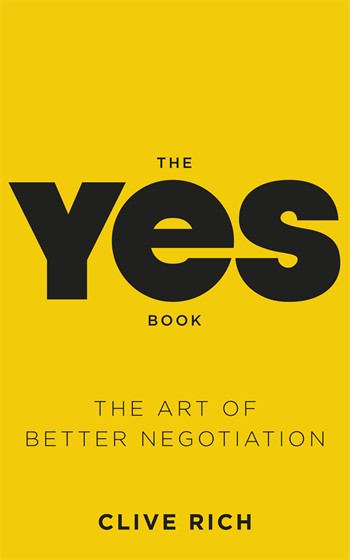 The recent Court Judgement in the EMI/MP3 Tunes case makes sobering reading for all those involved in the debate and the negotiations over the legitimacy of music locker services.
The recent Court Judgement in the EMI/MP3 Tunes case makes sobering reading for all those involved in the debate and the negotiations over the legitimacy of music locker services.
MP3 Tunes was broadly found to be operating under the “safe harbour” rules of the US Digital Millennium Copyright Act, so it was not liable for infringement in relation to its music locker service. However, one of the conditions of safe harbour protection is that you must respond to take down notices and terminate the accounts of repeat infringers, and MP3 Tunes was found to have failed this test.
Cue PR from both sides claiming victory. The issue is important because of the issue of much bigger cloud-based locker services recently launched by Apple, Google and Amazon.
Legal judgements create a potential source of bargaining power in negotiations, because they are a source of the power conveyed by “rules and regulations”. However, they are expensive to obtain and often, as in this case, somewhat inconclusive or distinguishable on their facts. What’s worse, they create a very “hostile” negotiating climate. Such is the antipathy on all sides that Amazon and Google both launched their locker services without the consent of the record labels.
It is understandable that participants in a negotiation of this kind seek the power of legal precedent to back up their position and gain a hold over each other. However, maybe the medium-term answer is to re-set the negotiating climate. Even a “cool” climate – very objective and process driven – might yield better negotiating results ultimately, than reliance on the power-based tactics of litigation…

